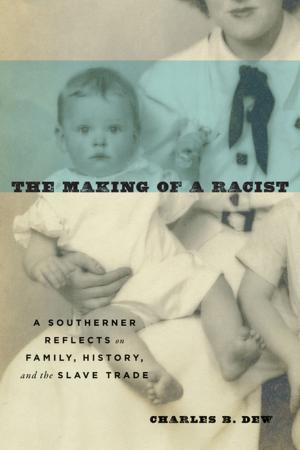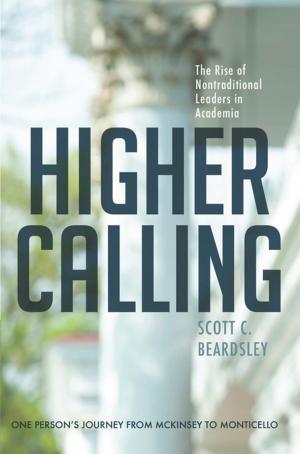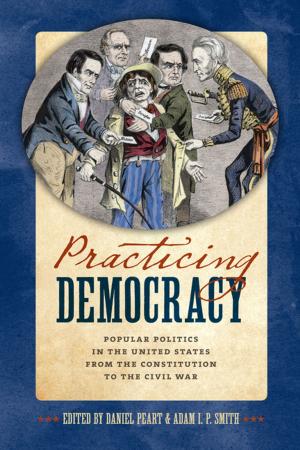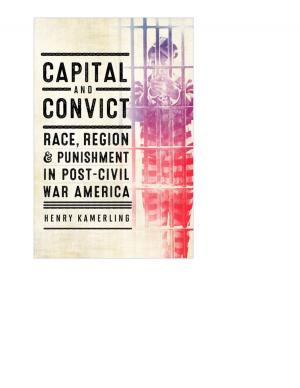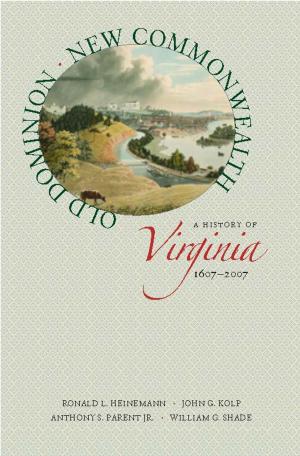Pathologies of Paradise
Caribbean Detours
Fiction & Literature, Literary Theory & Criticism, Central & South American| Author: | Supriya M. Nair | ISBN: | 9780813935195 |
| Publisher: | University of Virginia Press | Publication: | September 24, 2013 |
| Imprint: | University of Virginia Press | Language: | English |
| Author: | Supriya M. Nair |
| ISBN: | 9780813935195 |
| Publisher: | University of Virginia Press |
| Publication: | September 24, 2013 |
| Imprint: | University of Virginia Press |
| Language: | English |
Pathologies of Paradise presents the rich complexity of anglophone Caribbean literature from pluralistic perspectives that contest the reduction of the region to Edenic or infernal stereotypes. But rather than reiterate the familiar critiques of these stereotypes, Supriya Nair draws on the trope of the detour to plumb the depths of anti-paradise discourse, showing how the Caribbean has survived its history of colonization and slavery. In her reading of authors such as Jamaica Kincaid, Michelle Cliff, V. S. Naipaul, Zadie Smith, Junot Díaz, and Pauline Melville, among others, she examines dominant symbols and events that shape the literature and history of postslavery and postcolonial societies: the garden and empire, individual and national trauma, murder and massacre, contagion and healing, grotesque humor and the carnivalesque. In ranging across multiple contexts, generations, and genres, the book maps a syncretic and flexible approach to Caribbean literature that demonstrates the supple literary cartographies of New World identities.
Pathologies of Paradise presents the rich complexity of anglophone Caribbean literature from pluralistic perspectives that contest the reduction of the region to Edenic or infernal stereotypes. But rather than reiterate the familiar critiques of these stereotypes, Supriya Nair draws on the trope of the detour to plumb the depths of anti-paradise discourse, showing how the Caribbean has survived its history of colonization and slavery. In her reading of authors such as Jamaica Kincaid, Michelle Cliff, V. S. Naipaul, Zadie Smith, Junot Díaz, and Pauline Melville, among others, she examines dominant symbols and events that shape the literature and history of postslavery and postcolonial societies: the garden and empire, individual and national trauma, murder and massacre, contagion and healing, grotesque humor and the carnivalesque. In ranging across multiple contexts, generations, and genres, the book maps a syncretic and flexible approach to Caribbean literature that demonstrates the supple literary cartographies of New World identities.

